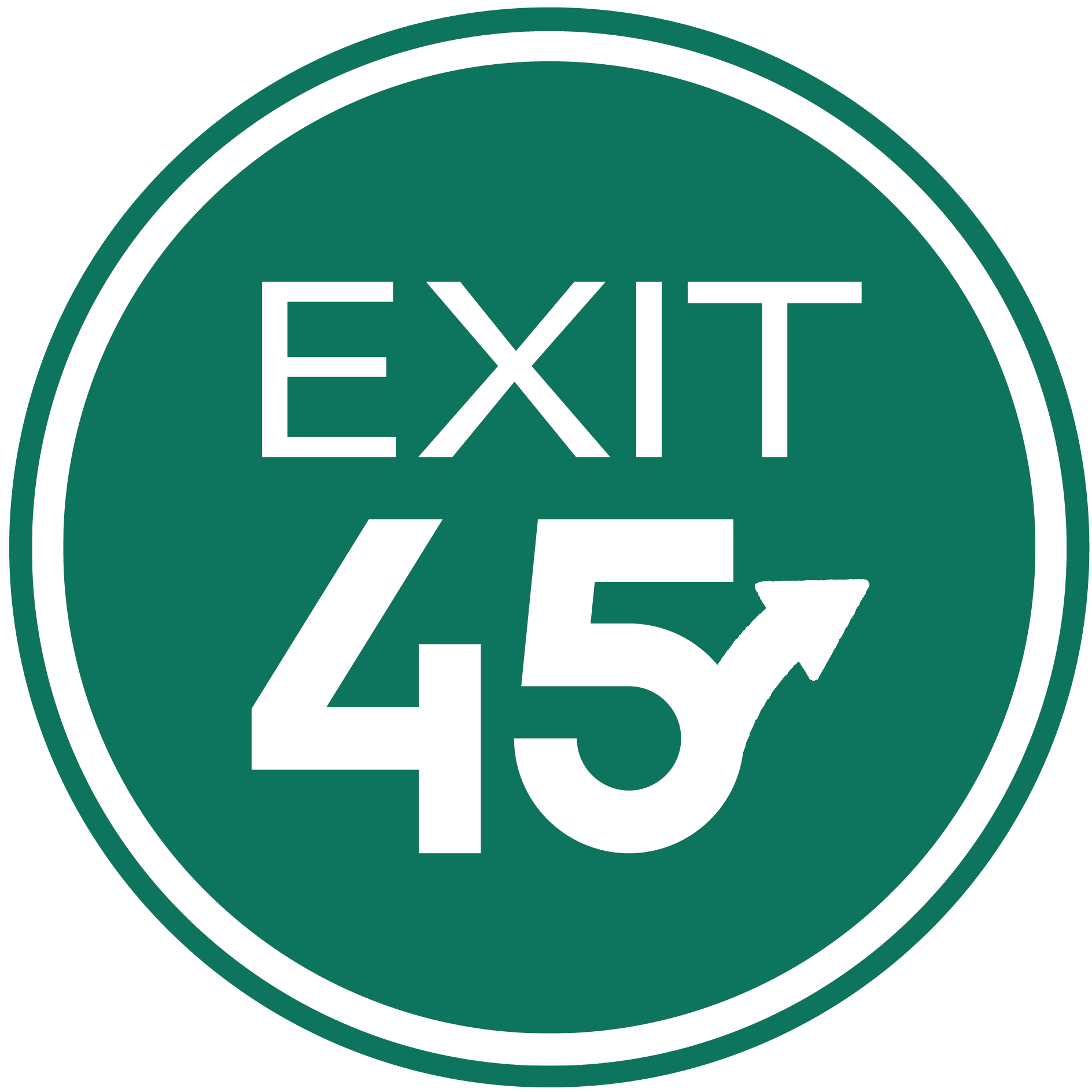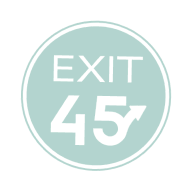Choosing the Wrong Business Broker / M&A Intermediary
In the last issue (#75) we discussed the obstacle: Owners Who are not Committed to a Sale. In this issue we’ll provide insight into another obstacle: Choosing the Wrong Intermediary.
"You don't hear things that are bad about your company unless you ask. It is easy to hear good tidings, but you have to scratch to get the bad news." Thomas J. Watson
Choosing the Wrong Business Broker / M&A Intermediary
Two issues back, in Issue #74, we discussed some of the pitfalls encountered by Owners Who Try to Sell the Business Themselves. It is best to hire an experienced professional business broker / M&A intermediary to help sell your business, and the selection of that intermediary is one of the most important decisions you will ever make. The next newsletter will delve into things to consider in the selection process for an intermediary. This newsletter addresses the obstacle created by choosing the wrong business broker / M&A intermediary.
A good broker can identify the pieces of the puzzle that must be satisfactorily addressed to manage the complexities of a business sale.
Earning a living as a business broker / M&A intermediary can be tough. For the most part it is a straight commission business. Many people enter and exit the profession within their first year or two. The key to success in the business brokerage field is representing good businesses that have good cash flow and helping owners set realistic expectations.
A Business Broker / M&A Intermediary should manage sellers' price expectations
Inexperienced or less than diligent business brokers / M&A intermediaries think the key to success is representing good businesses with good cash flow, regardless of sellers’ expectations. There are far too many business brokers who ask about sellers’ expectations (nothing wrong with that), but then, based on the sellers’ responses, adjust their presentation/approach/evaluation and their own expectations to match sellers’ expectations.
For example, if a business should be valued at $750,000, but the seller indicates he wants $1,000,000, the busines broker may accept the engagement at $1,000,000 just to obtain the listing. The broker may figure that, over a period of time, prospective buyers (the market) will adjust the seller’s expectations. To some extent, the business broker may be right. Over a period of time, the seller’s expectations may change. But, that period of time is painful for the owner of the business. Until his expectations change, he’s wasting his time, he may lose good prospective buyers, and the best prospective buyers, realizing the business is over-priced, may not even bother to look at the business.
A Business Broker / M&A Intermediary should identify obstacles to a successful sale
In addition to the problem of listing over-priced businesses, some business brokers / M&A intermediaries may fail to prepare the owner for the 33 obstacles we identify and discuss in this newsletter series. Obstacles like Owners Who Cannot Afford to Sell, C-Corporation Tax Implications, Lack of Second-Level Management, Large Working Capital Requirements, Customer Concentration Issues, and Excessive Personal Expenses and Skimming Cash are all representative of some unpleasant aspects of the sales process that should be discussed between the owner and his intermediary prior to the owner making the decision to sell his business. To avoid wasting everyone’s time, an owner needs to have a complete understanding of the obstacles that may be encountered in the sale process. An experienced business broker will identify and prepare for obstacles up front. An inexperienced business broker can only react (often inadequately) to circumstances that could have been anticipated and/or avoided.
A failed attempt to sell your business can be painful
Selling a business is never easy, but it doesn’t necessarily have to be painful. For many reasons some business brokers may fail to sell the business. That creates the worst possible pain – the owners invests considerable time and effort in trying to sell the business, but it all ends up being a huge waste of valuable time. If businesses are priced right and obstacles identified upfront, it doesn’t have to be that way. To the contrary, with proper preparation a sale can occur relatively painlessly. But almost all transactions will reach a “touch and go” stage (or several) where negotiations become heated and need to be delicately handled. An experienced business broker / M&A intermediary can finesse those negotiations to a successful conclusion. An inexperienced business broker might lose a transaction that should have been successfully completed.
This series of newsletters has concentrated on obstacles to a successful sale of a business. The fact that only 20-33% of all small businesses ever sell is evidence of the frequent difficulties that are encountered.
You should expect "tough love" from your business broker / M&A intermediary
After completing an evaluation of your business, an experienced business broker / M&A intermediary should be able to tell you, in terms you can understand and within about a 5% range, how much your business can be expected to be sold for and why. He also should be able to explain the obstacles (prospective buyer’s objections) that might be encountered and how you can counteract them.
If, in the process of considering an intermediary, you get the feeling the business broker is “playing to your ego” or “blowing smoke”, run the other away – fast. The broker is not helping you set realistic expectations, is setting you up for disappointment down the road and is not likely to succeed in selling your business. He will waste your time, his own time and the time of any prospective buyers that take the time to consider the business. Most qualified buyers will not even look at businesses if they sense the existence of unrealistic expectations and/or major obstacles without solutions.
Do you understand the …..


